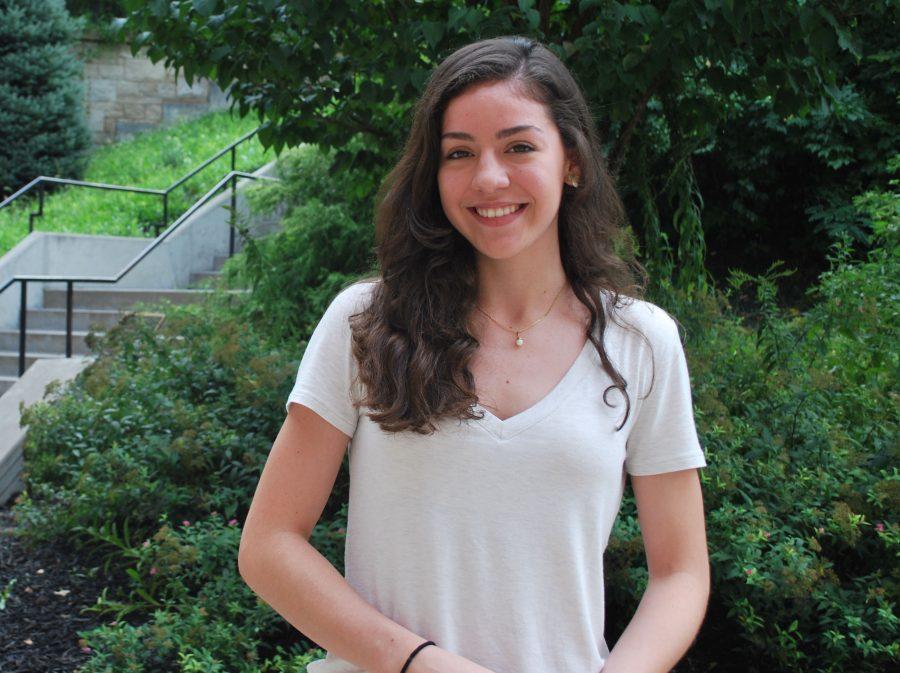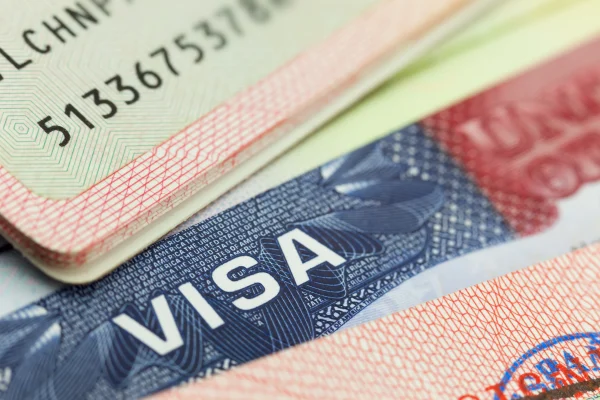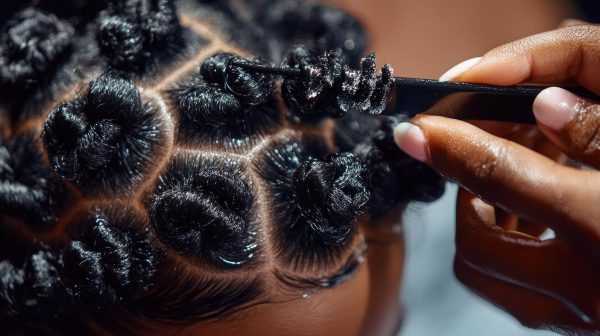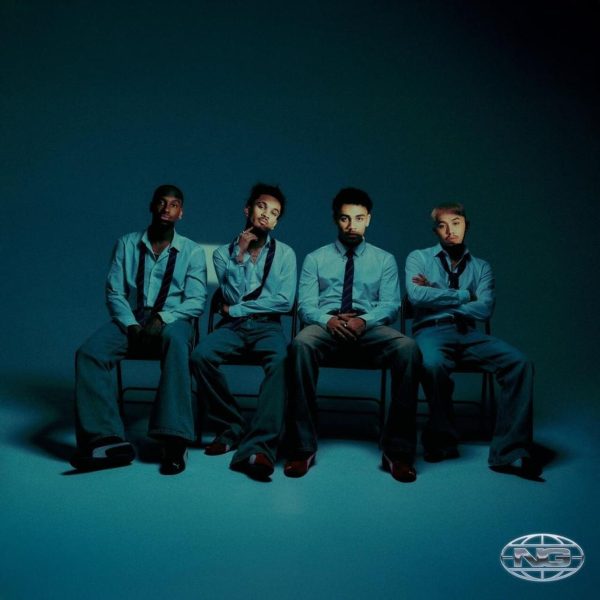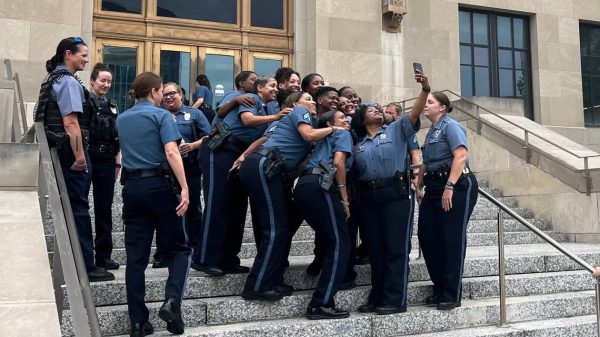Venezuelan student speaks out
It is not uncommon to click on a Facebook link or hear a jaw-dropping headline concerning an international issue. However, from reading these headlines it’s difficult to make a connection between the issue and the individuals affected by them.
Park University is home to a large international student population, which gives its student body the chance to gain insight on these issues through their perspectives. The Venezuelan crisis is only one of the many headlines brought to the public’s attention this past summer. Freshman Orianna Tamburlini shares her story of growing up during the unraveling of her nation.
Tamburlini was born in Barinas, Venezuela, and later moved to the city of Valencia. She does not recall a time when her country was not in a crisis.
“Ever since I was born things have been bad,” Tamburlini said. “It’s gone from bad to worse.”
Venezuela’s former President Hugo Chavez took office in 1998, the same year Tamburlini was born. In 2005, she remembers what she calls “the start of the dictatorship.”
“He said that being rich was bad and only helped poor people, giving away free stuff the worst idea ever,” Tamburlini said. “Then Nicholas Maduro took over and is building his own socialism.”
She feels that this has lead the country to its current state.
“Maduro is corrupt and isn’t taking care of the country,” Tamburlini said.
National news publications have reported on Venezuela’s food shortages. One New York Times headline read: “Venezuelans Ransack Stores as Hunger Grips the Nation.” The Atlantic magazine headline read “Venezuela is Falling Apart.” Both describe a country that is low on resources. Tamburlini gave her own report on the food shortages.
“When you walk into a grocery store you can only find Cheetos, Doritos, maybe two types of cereal, and some processed frozen chicken,” Tamburlini said.
She described basic items as being scarce, and when items can be found it is either difficult to get them or expensive. The government regulates the prices of needed supplies such as toilet paper, detergent, toothpaste, salt and beans. However, those items are scarce as well, leading to large lines and ransacked markets.
“People go to the markets at 7 p.m. the night before and sleep all night outside ’til the store opens in the morning; even then it’s difficult to get the supplies you need,” Tamburlini said.
Production in Venezuela is so low even dog food can no longer be found. Milk, eggs and meat can be found only twice a week. Feminine products have not been seen in years.
“There has not been tampons for five years; when I do see them they are too expensive,” Tamburlini said.
Though Tamburlini and her family have had it better than others in Venezuela, she describes how most people coupe with the shortages.
“My mother said she will never do a line, and that she will wait ’til she can find supplies no matter the price,” Tamburlini said. However, even her family has to change their diet.
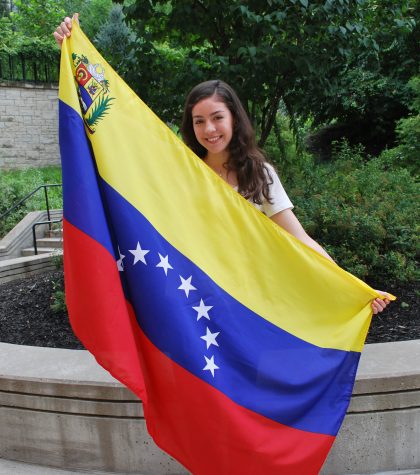
“Every Venezuelan has to replace food with common vegetables: platanos, yuca, mango seasonally, and papaya,” Tamburlini said.
Despite the limited food and supplies, the hardest part for her family was the health care crisis. In a time when basic medicines like antibiotics are nowhere to be found, or too expensive to buy, Tamburlini’s grandmother suffered three strokes in one week. Two of which were ischemic strokes, the third an infarction.
“We went to five hospitals looking for one that would take her; everywhere was full and was too expensive,” Tamburlini said. “When we did find one, we had to buy all the supplies – even the mattress. The hospital only had an oxygen machine.”
Buying the medicine that her grandmother needed was difficult. The country was in short supply of all common medicines. Tamburlini’s family had to pay someone to travel to Colombia to get the medicine needed. This is a similar story for many in need of common medical drugs.
It is difficult for Tamburlini to find hope for her country, in a time as dark as this. A country that six years ago was ranked the happiest country in South America has now come to terms with its eventual decline.
“It has been so bad that people just are used to it now,” Tamburlini said, her eyes concentrating on her hands.
When the question arose if she sees hope for her county, her eyes became fierce.
“It could be better, but the people have to do something. A protest with a poster is not going to work. Fighting is probably what we need. The military is supposed to keep us safe, but they are fighting us instead. Putting people in jail won’t work,” Tamburlini said.
When asked if fighting is the only way, her response became softer.
“I don’t know if I want to fight; people who don’t deserve to die will die. I’m not about that. But if there was another way I will help,” Tamburlini finished.
Your donation will support the student journalists of Park University. Your contribution will allow us to cover our annual website hosting costs, freeing up other funds for equipment, printing and training.



